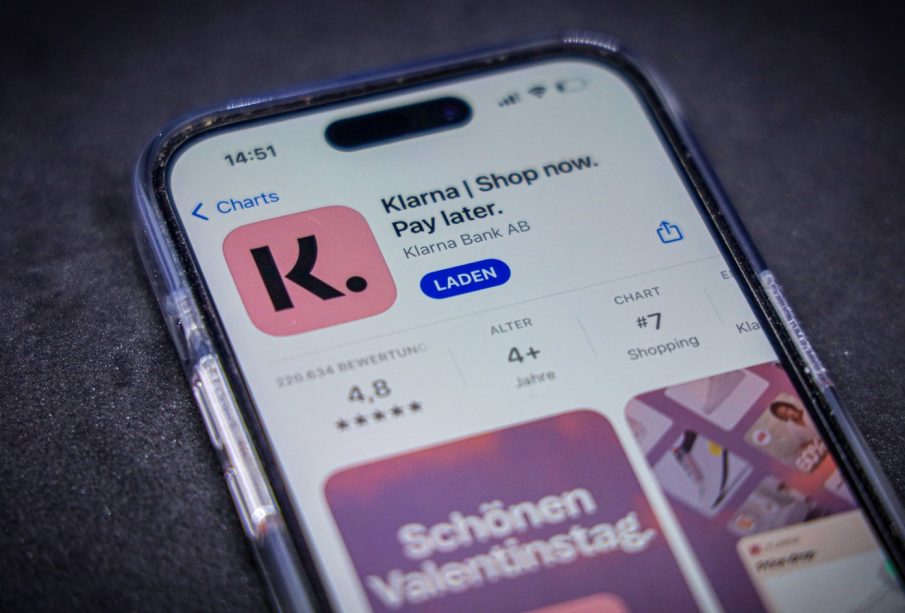Klarna: Transforming the Online Shopping Experience

Introduction
In a digital age where convenience and flexibility are key to consumer purchasing choices, Klarna has emerged as a significant player in the online payment sector. Founded in 2005 in Sweden, this fintech company provides consumers with simple and efficient payment solutions, allowing them to shop online without upfront costs. The importance of Klarna’s services is underscored by the growing trend of e-commerce, especially in the wake of the pandemic, which has accelerated the shift towards online shopping.
Recent Developments
Klarna has recently introduced several features aimed at enhancing user experience and ensuring security in transactions. Notably, its “Pay Later” option allows consumers to shop freely, receiving their products before having to make payment. This not only boosts consumer confidence but also drives up sales for retailers who adopt Klarna as a payment option. Additionally, the company has expanded its operations significantly, now partnering with over 250,000 retailers worldwide, from fashion giants to tech companies.
In recent months, Klarna has also pivoted towards improving its app experience. The app now provides users with rewards, discounts, and a personalised shopping experience, enabling them to track their purchases and payments easily. This strategic shift positions Klarna not just as a payment processor but as a holistic shopping assistant.
Challenges and Outlook
Despite its successes, Klarna faces challenges, primarily in terms of regulatory scrutiny as governments worldwide grapple with consumer protection laws. In particular, the rise of “buy now, pay later” schemes has brought increased attention from regulators concerned about consumer debt and financial health.
Looking forward, Klarna is poised to further entrench its presence in the online payment landscape. Analysts predict that as more consumers favour flexible payment options, companies like Klarna will continue to thrive. With its commitment to innovation and customer-centric approaches, Klarna could play a pivotal role in shaping the future of retail transactions.
Conclusion
Klarna’s growth and innovation reflect the evolving landscape of e-commerce. The significance of easy, safe payment solutions intensifies as online shopping continues to grow in popularity. For consumers, Klarna not only represents a shift in purchasing power but also signals a changing relationship with money, where flexibility and control take precedence. Retailers, keen on maximising sales, are likely to continue embracing such models, further enhancing Klarna’s role in the online shopping ecosystem.









